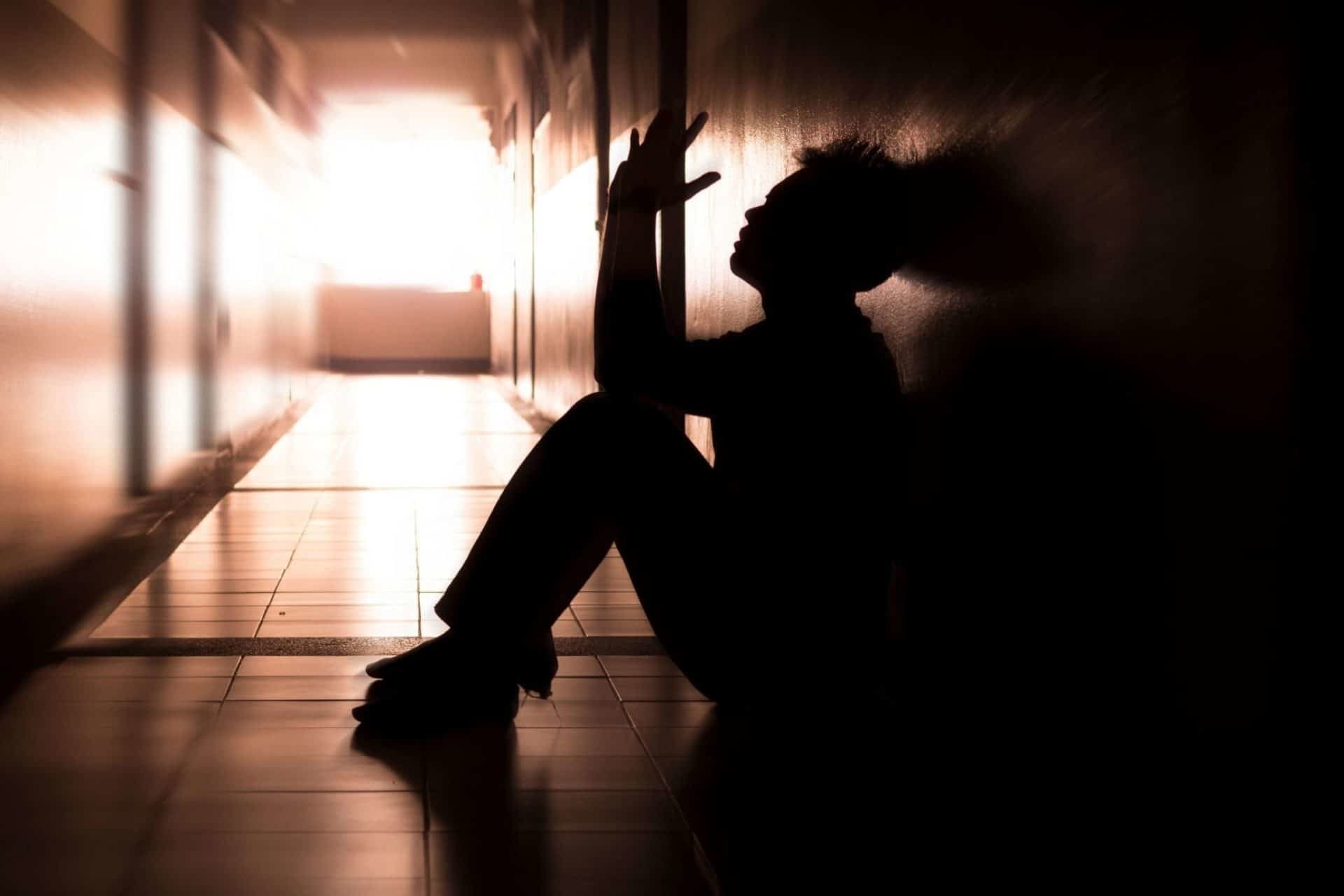Illinois Has Changed the Way It Handles Juvenile Crimes
If your child is charged with a crime, it is normal for you to be nervous. After all, many adults are afraid of being charged with a crime – naturally you’re scared for your kid.
Juvenile courts and criminal processes are separate from adult court, but your child may still have to go to trial, be interrogated by police, or have a mark on their criminal record while applying for college, jobs, and so on. Plus, since these two courts are different, the process can be confusing for many parents.
Laws and criminal processes for juveniles have changed over the years, but recent laws have been put in place to benefit juveniles who have been charged with a crime. The current thought is that locking up children just isn’t beneficial, especially when the state of Illinois has rehabilitation programs for juveniles that are less expensive and more effective than putting kids in a detention center.
Moreover, Governor Rauner has made a promise to reduce the overall prison population by 25% in the next 10 years – including the juvenile population. The work is already happening: in July 2016, the Illinois Department of Juvenile Justice (IDJJ) reported a 44% decrease in juveniles who are serving time in IDJJ facilities.
If your child has been charged with a crime since January 1st, it will be helpful for you to review the recent changes to the law so you understand what he or she is up against and how best to protect their rights and fight back against the charges.
2017 Changes to Illinois Juvenile Crime Laws
Interrogation: Before 2017, children as young as 13 could be subjected to a police interrogation without a criminal defense lawyer present. Now, all children under the age of 15 must have a lawyer present during the interrogation process.
Expungement: Wouldn’t it be nice if your child could wipe their criminal record clean? If they were charged or arrested for a crime before they turned 18, they can. Illinois has allowed expungement in these cases to give children a better chance at getting into higher education or securing a good job. You should note, however, that law enforcement can still see an expunged record.
Standards for Law Enforcement: If a juvenile in the system has a “critical incident” like a suicide attempt, the Department of Juvenile Justice has to stay on top of it. The DJJ must file an incident report within 10 days so that no critical information is lost or neglected during court proceedings.

Probation: Even before this year, the Department of Juvenile Justice has aimed to avoid detention facilities and give children the option of either rehabilitation programs or probation. Probation can still be very limiting. Juveniles may be prevented from attending certain events with their friends, must report to a probation officer, and so on.
Before this year, though, probation lasted a long time: for certain crimes, there was a mandatory five-year probation period for juveniles. The laws have changed so that the probationary period for many crimes (including violent crimes, but not first degree murder) has been reduced. Now, juveniles will be able to serve their time and get on with their lives as productive citizens faster.
Drug Crimes: Illinois has been making moves across the board to reduce drug crimes sentences, including decriminalizing marijuana. For juvenile drug offenders, these reductions mean that jail time may no longer be something they need to worry about. If a juvenile is charged with either Class 3 or Class 4 controlled substance crime, new laws prohibit judges from sending that minor to IDJJ facilities. There is one exception: if the child has multiple probation violations under their belt, they may be committed to the IDJJ.
New Court: Maybe your child just missed the cutoff and was charged with an adult crime at the age of 18. Now, there is still hope for the courts to focus on rehabilitating, rather than punishing, your child.
That’s because Cook County is opening a Restorative Justice Community Court this year. The court will focus on giving individuals between the ages of 18 and 26 who have been charged with nonviolent offenses the option of paying reparations through community service, rather than jail time. The court will be in the same building as mental health services, counseling, and drug training, your child will also have easy access to those resources to help him or her become a productive citizen.
My Child Was Charged with a Crime… What Now?

These laws do not mean your child will go through criminal proceedings without any form of penalty. There is still the possibility of probation, fines, and other consequences. Moreover, until you make the effort to apply for expungement or record sealing, your child will still have the arrest, charge, or conviction on their permanent record, which is something that can make it hard to find housing, get a job, be accepted into college, and more.
Bottom line? If your child is charged with a crime, reach out to a juvenile crimes lawyer. A skilled attorney will not only be the best chance for your child to experience a positive outcome, they can also walk you through the process of getting your child’s record expunged.
About the Author:
Andrew M. Weisberg is a former felony prosecutor who now serves as a defense attorney in the greater Chicago area. He has extensive experience in handling all types of criminal cases, from sex offenses and domestic violence to retail theft-related crimes, Murder, and drug crimes.







 Blog Home
Blog Home 










